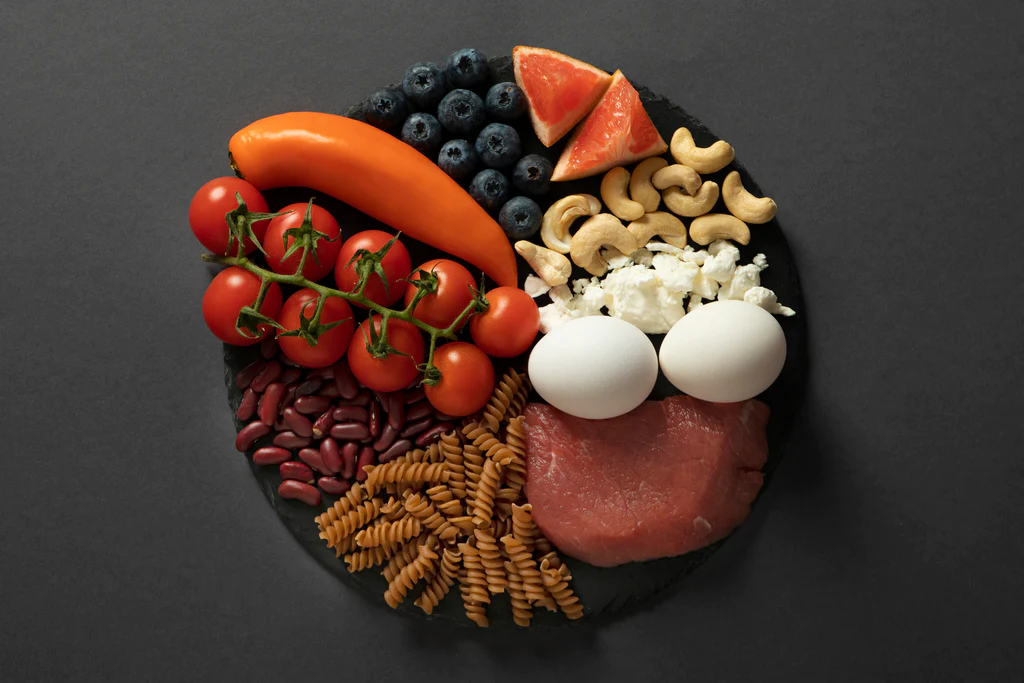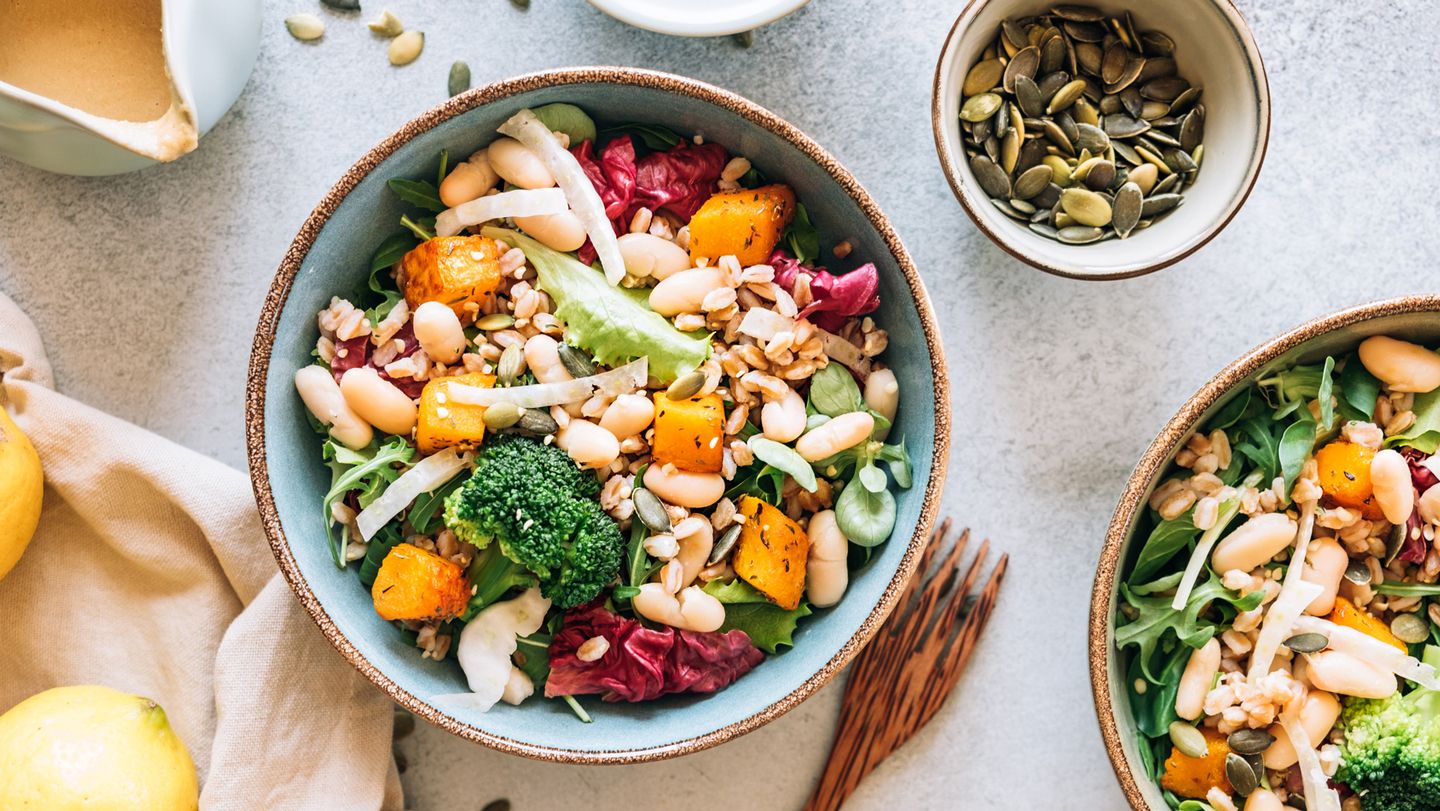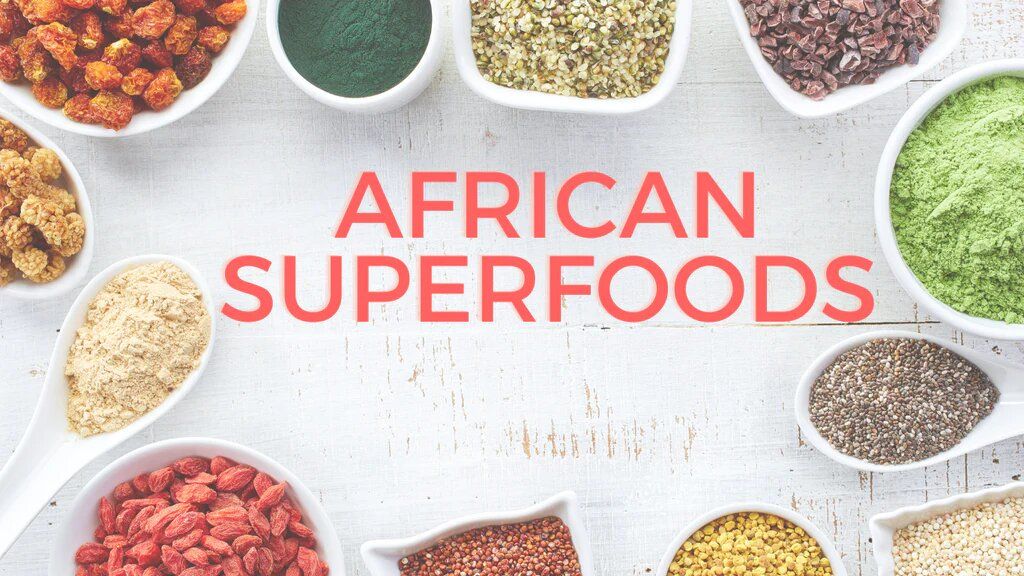Feed Your Gut: 5 Delicious Foods to Cultivate a Thriving Microbiome
In the quest for optimal health the gut microbiome plays a pivotal role influencing everything from digestion to immune function and even mood. Cultivating a healthy and thriving gut microbiome is an investment in your overall well-being. Fortunately this doesn't require a drastic lifestyle overhaul. Simple dietary choices can significantly enhance your microbiome health. This article will unveil five gut-friendly foods that are not only delicious but also foundational in supporting a vibrant ecosystem within.
1. Fermented Foods: A Probiotic Powerhouse
Fermented foods are the celebrities of the gut health world. Products like yogurt kefir sauerkraut and kimchi are rich in probiotics the beneficial bacteria that populate our gut and contribute to its health and balance. These microbial marvels aid in digestion enhance nutrient absorption and support the immune system. Including a variety of fermented foods in your diet ensures a broad spectrum of probiotic strains making your microbiome diverse and resilient.
2. Prebiotic-Rich Foods: The Unsung Heroes
While probiotics get much of the glory prebiotics are the unsung heroes of gut health. Found in foods like garlic onions leeks asparagus and bananas prebiotics are fibers that feed the beneficial bacteria in your gut helping them to thrive and multiply. Think of prebiotics as the fertilizer for your gut garden promoting the growth of healthy bacteria and creating an environment where they can flourish.
3. Whole Grains: More Than Just Fiber
Whole grains are a staple in a gut-friendly diet offering much more than just dietary fiber. Foods like barley oats and quinoa are rich in beta-glucans a type of soluble fiber that has profound benefits for gut health. These grains support the growth of beneficial bacteria enhance feelings of fullness and can even improve blood sugar control. By incorporating a variety of whole grains into your meals you're not just supporting your gut but also contributing to overall health and well-being.
4. Leafy Greens: A Microbial Feast
Leafy greens such as spinach kale and Swiss chard are loaded with a unique type of sugar molecule that feeds the good bacteria in your gut. These vegetables are not only high in vitamins minerals and fiber but also contain compounds that can directly contribute to the diversity and health of your microbiome. Regular consumption of leafy greens encourages the growth of specific beneficial bacteria that are linked to a reduced risk of certain chronic diseases.
5. Nuts and Seeds: Tiny but Mighty
Nuts and seeds are tiny powerhouses packed with nutrients fiber and healthy fats that benefit the microbiome. Almonds flaxseeds chia seeds and other varieties provide prebiotic fibers that promote the growth of beneficial gut bacteria. They're also a great source of plant-based protein and omega-3 fatty acids which have anti-inflammatory properties beneficial for gut health. Incorporating a handful of nuts or seeds into your diet daily can have a profound impact on your microbiome and overall health.

What Things Help Keep Your Guts Clear On A Daily Basis?
To keep your gut clear and functioning optimally on a daily basis consider incorporating these practices into your routine:
- Stay Hydrated: Drink plenty of water throughout the day to help dissolve fats and soluble fiber allowing them to pass through your system more easily.
- Exercise Regularly: Physical activity stimulates the movement of your digestive system reducing constipation and promoting gut health.
- Manage Stress: High levels of stress can negatively affect your gut bacteria and overall digestive health. Engage in stress-reduction techniques such as meditation yoga or deep-breathing exercises.
- Eat Mindfully: Slow down and chew your food thoroughly. This not only aids in digestion but also helps in nutrient absorption by breaking down food effectively.
- Include Fiber in Every Meal: Dietary fiber is essential for bowel health. Aim to include a variety of sources such as vegetables fruits whole grains and legumes in your meals.
- Limit Processed Foods: Processed and high-sugar foods can disrupt your gut bacteria balance. Opt for whole unprocessed foods as much as possible.
- Regular Eating Times: Eating at regular intervals can help maintain your gut's rhythm aiding in smoother digestion and nutrient absorption.
- Avoid Eating Late at Night: Eating close to bedtime can lead to digestive discomfort and may affect the quality of your sleep. Try to have your last meal a few hours before bed.
- Probiotic Supplements: If your diet is lacking in probiotic-rich foods consider a supplement after consulting with a healthcare provider to help maintain your gut flora balance.
- Limit Alcohol and Caffeine: Excessive consumption can irritate the gut lining and disrupt the balance of your gut bacteria. Moderation is key.
- Practice Portion Control: Overeating can strain your digestive system so aim to eat until you're satisfied not stuffed..
Conclusion
The path to a thriving microbiome is delicious and diverse. By incorporating fermented foods prebiotic-rich foods whole grains leafy greens and nuts and seeds into your diet you can support and nourish your gut bacteria contributing to your overall health and well-being. Remember a happy gut is the cornerstone of a healthy body and with these five gut-friendly foods you're well on your way to cultivating a vibrant and resilient microbiome. Start today and your gut will thank you tomorrow.






